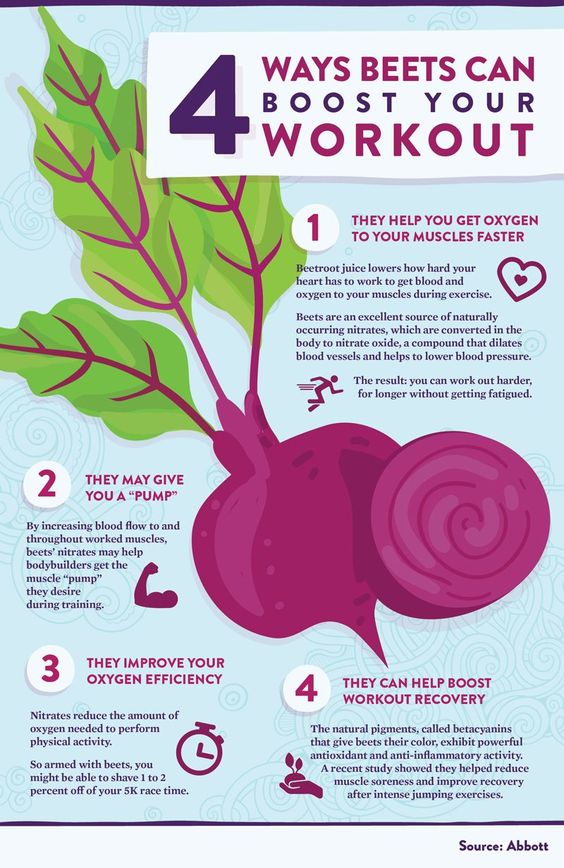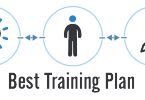You've likely heard a saying like this before:
20% of your results happen in the gym and 80% happen in the kitchen
Although not a new or ground-breaking phrase, it’s something that rings true for every fitness trainer.
No matter how many chest presses, squats or pull-ups your client may do, a bad diet will always rear its ugly head. At this point, they begin to feel frustrated with their lack of results and eventually, the feeling becomes mutual.
You can tell your clients to ditch the doughnuts, but what about the good stuff you wish they were eating? What about the nutritional hacks you've learned throughout the years that have helped you get great results?
Can your job as a personal trainer go beyond providing exercise coaching?

To clear up this moral and potentially legal predicament, I'm going to guide you through some common questions that may arise:
- Why is it important to talk about nutrition?
- As a personal trainer, coach or other non-RD, what nutritional advice can you safely offer?
- As a personal trainer, coach or other non-RD, what nutritional advice should you NOT offer?
As I mentioned above, nutrition plays a key role in the results your clients are going to see, but providing guidance outside your scope of practice is bad business. Here are the guidelines to follow:
Good Advice vs. Bad Advice: Where Should the Line Be Drawn?
What’s the difference between offering some advice to a friend by the water cooler and recommending nutrition to a client? The intent of the action is the clear deciding factor here. When you advise your paying clients, there is an expectation that they are going to follow through with what you, their professional coach, prescribed.
This makes it very important that you provide appropriate advice to your clients. Here are some examples of such guidance:
- Calorie management strategies like telling your clients how much protein they should be taking, giving them snacking options and encouraging them to avoid soft drinks.
- A discussion about carbohydrates and the best food sources to get them. This could include increasing whole grains and cutting out processed foods.
- Good timing practices that could include when to eat based on your exercise routine, helping your client avoid large meals and navigate the challenges of eating at events.
- Supplement suggestions and information about vitamins, minerals, and other essential nutrients.
Notice that these are all pieces of general advice, not full-fledged meal plans that are apparently "customized" for your clients.
In that line of thinking, here are some general "healthy eating" principles that you can share with anyone. You don't have to be a registered dietician to offer encouragement like this:

Examples of "General" Nutritional Advice
To illustrate further, here are some of my favourite nutritional hacks that I feel comfortable sharing with my clients. This is general healthy-eating wisdom that doesn’t go outside my scope of practice as a personal trainer and health coach.
1. The "Effort and Impact" Matrix of Vitamin C
Juicy ripe oranges are praised by doctors and nutritionists for their citric acid to aid in the recovery of your body specifically your immune system.
Although this guidance is true, there have been some more recent studies that show the reverse effect vitamin C may have on high impact performance trainers.
One study showed that vitamin C was undermining one of our primal abilities to adapt to physical training. Rather than your body learning from your physical challenges and preparing for the next challenge (adaptation), too much vitamin C intake actually reduced this positive occurrence.
This research may not be important for your beginner clients, but could have a significant impact on anyone seriously training for greater output and progression. Sharing nutritional research is within your scope of practice as a personal trainer.
2. The Benefit of Feasting on Beets
Another study in the nutritional space shattered our belief about oxygen intake and output. With this study on beets and their use of nitrates in the body, we know oxygen input and output is not a linear equation.

Having your client add a few sweet beets to their diet could allow them to knock out a few extra reps or push a little harder during their next set of sprints. Again, this is research-backed advice that you can offer to clients who you think will benefit from such knowledge.
3. Bring on the Mushrooms?
One last example that I share with my clients... Some psychedelics before a meet up may make for an interesting workout but here I’m talking about the dietary aids.
Adding mushrooms to your diet have been shown to play an important role in gut health and brain health through the unique structure of their polysaccharides. These plant fibres are specific to mushrooms and are digested by your microflora to create beneficial enzymes.

The Lion's Mane mushroom can help increase cognitive function.
One mushroom in particular that has shown impact in this space is the Lion's Mane mushroom. This mushroom is able to increase cognitive function through something known as the “neural growth factor”. This leads to clients with a greater focus on the tasks at hand, something we can all appreciate!
I could go on and on here, but you get the point. General, research-backed nutritional advice is good and helpful to your clients. You are doing them a service by sifting through all the information that's now available online and pulling out what they might want to focus on first.
What Kind of Nutritional Advice Should Personal Trainers NEVER Offer?
As a personal trainer (and not a doctor or registered dietician), it is NOT your job to provide nutritional advice that seeks to cure or help a medical condition.
And, unless you are certified (and insured) to do so, personal trainers should not be prescribing meal plans for their clients. Again, you can offer suggested guidelines for them to follow, but you should refer them to a dietician or certified nutritionist if they want specifics to follow.
Many trainers overstep the boundary and do provide nutritional coaching outside of their scope of practice, but ask yourself:
Do I want to jeopardize my business and my reputation by coaching clients beyond my qualifications? Is the reward worth the risk?
To be vey clear, personal trainer should not offer the following nutritional advice to their clients:
- Diet prescriptions to treat a medical condition
- Suggested supplements to treat a medical condition
- Specifically prescribed diet plans to help them reach health and fitness goals
Whether you’re just starting out in the industry or you're an active professional, it's best to seek out the expertise of a trained professional in the nutritional space. This is a great way to network in your industry with a non-competitive advisory. You might even get some referrals back to your business.
So go out there make some new friends! Keep your client advice within the realm of your expertise. And, if you want more specifics to follow, see here for information regarding provincial and state guidelines.




